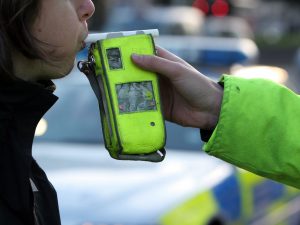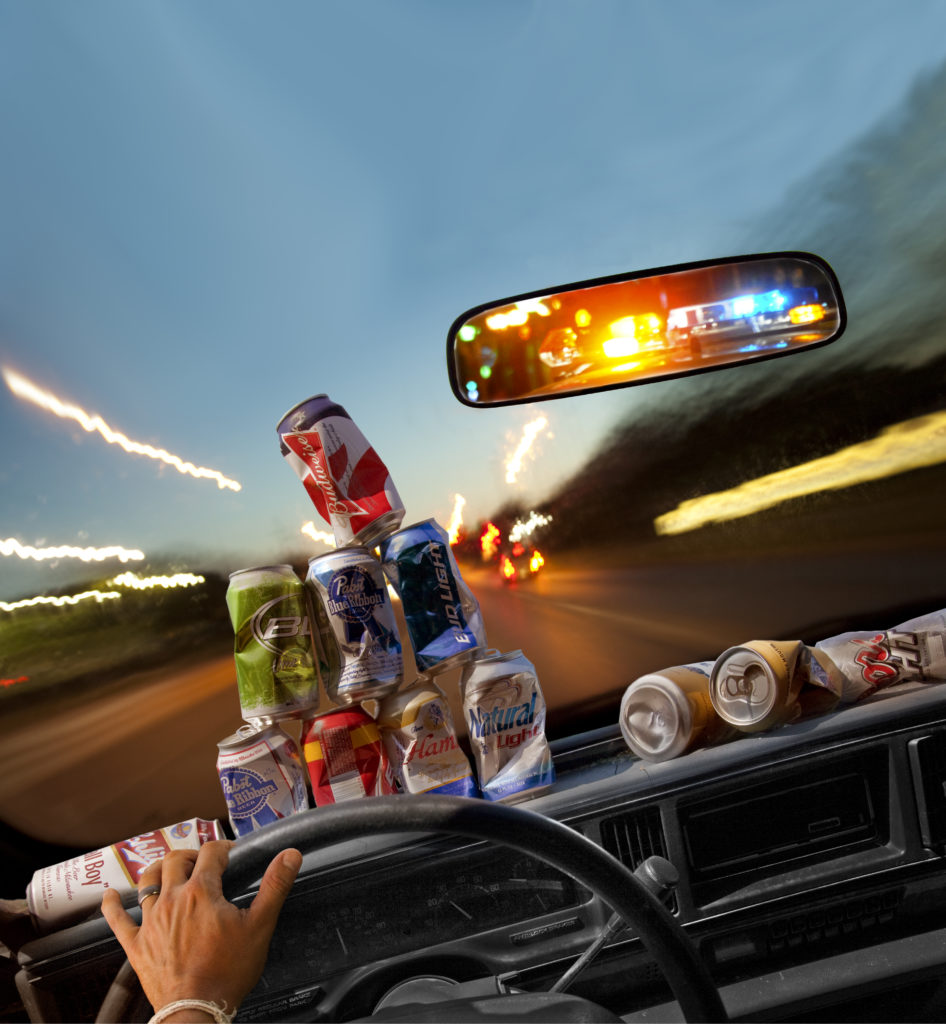DUI is an acronym for “driving under the influence.” DWI stands for “driving while intoxicated,” or in some cases, “driving while impaired.” The terms can have different meanings or they can refer to the same offense, depending on the state in which you were pulled over.
In any case, DUI and DWI both mean that a driver is being charged with a serious offense that endangered themselves and others. That applies to alcohol and other drugs (including recreational drugs and those prescribed by a physician) that impair your ability to drive. One is not worse than the other and both can have a big effect on your life.
Other Factors in Impaired Driving
Any of these charges means the arresting officer has reason to believe the driver is too impaired to continue to drive. In some jurisdictions, drivers can be charged with impaired driving (or driving under the influence) even if they blow under the 0.08 legal limit.
For example, you can fail a field sobriety test and be deemed impaired even if you’re BAC is less than 0.08. All states also have zero-tolerance laws that punish people under 21 for driving with any trace of alcohol in their systems. This means that if someone under the age of 21 blows a BAC higher than 0.00, they will be charged with a DWI or DUI.

Drugged Driving Is Impaired Driving
If you appear to be impaired by the arresting officer, but your breathalyzer test shows that you are not under the influence of alcohol, they may suspect the use of drugs that impair your driving ability. This can include prescription and nonprescription medications in addition to illegal drugs.
The officer may then call a Drug Recognition Expert (DRE) officer to the scene to perform a series of tests. If the DRE officer’s multi-step evaluation process determines that you are indeed under the influence of drugs, you can be charged with DWI or DUI. The charge depends on what the state calls the offense of drugged driving.
Taking prescription or nonprescription medications can impair your driving ability. You are at risk of drugged driving charges even when you have not had a sip of alcohol.
Arrest and Consequences
No matter what the offense is called in your jurisdiction, if you are arrested for impaired driving, you will be facing serious consequences. If you are convicted or plead guilty, you will probably lose your driver’s license and pay fines and court fees.
For a second offense, you may spend some time in jail. It is also likely that you will be placed on probation and be required to perform community service. To get your driver’s license back, you will probably have to attend defensive driving classes.
In most states, you will probably undergo an evaluation of your drinking or substance use patterns as well. Based on the results of that evaluation, you may have to take part in a drug or alcohol treatment program. That program could range from attending a few support group meetings like Alcoholics Anonymous to entering a residential treatment facility.

After a Conviction
When you get your driver’s license back, you will likely need SR-22 insurance. This could double or triple your premiums, depending on the laws in your state. On average, you can expect to pay higher premiums for three years.
Depending on the state in which you reside, you may also be required to have an ignition interlock device installed on your vehicle, which makes it so you can’t start your car unless you blow into the device and it determines you have not been drinking alcohol. This requires that you pay for the device, its installation, and a monthly monitoring fee.3
The bottom line is that getting arrested for driving under the influence is a time-consuming and very expensive ordeal. It is, however, 100% avoidable.
Just don’t get behind the wheel while you are drinking or taking any type of drug. This includes any prescription medications that warn about impaired driving or any that may affect your attention or focus or cause drowsiness.

